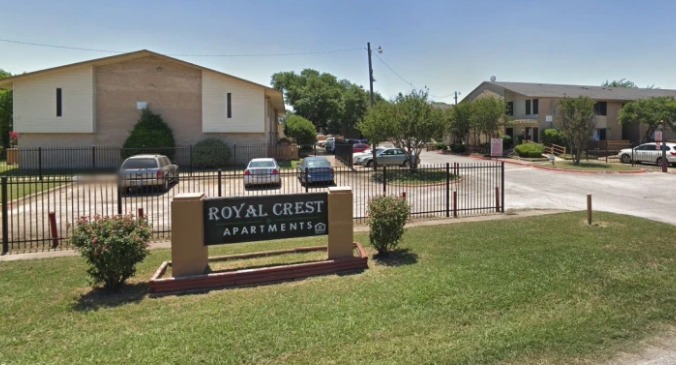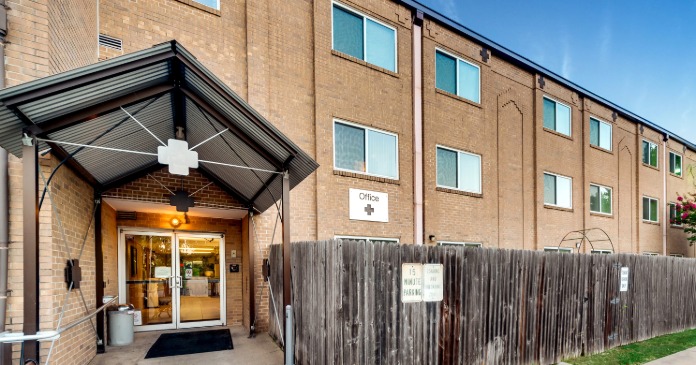Cell phones have rapidly become part of the American convention. Nearly 65% of the population already subscribe and usage continues to grow. We have seamlessly adapted to the convenience of being reachable 24/7, as well as making use of the data that follows us with our technology. Yet, as cell use has grown, it has outrun efforts to regulate the privacy of its users.
This was never more clear than earlier this year when Wesley Clark, once-presidential candidate, was a direct target of a resourceful blogger who purchased Clark’s cell-phone records for a mere $89.95. The lack of regulation has propelled a new industry dedicated to exploiting cell numbers, call records, even identifying the locations of unsuspecting subscribers for profit.
Wesley Clark’s congressional allies drafted a bill banning the sale of wireless phone records, but it has since stalled in the House. The Prevention of Fraudulent Access to Phone Records Act (HR4943) was delayed to review possible exemptions that may be required for intelligence gathering activities. Lawmakers had tried to address privacy with the Telecommunications Act of 1996, but failed to predict the booming software industry that grew out of the demand for wireless phone data.
Clark has since removed his cell number from his business cards and carriers recommend not providing numbers online.
Even more recently, USA Today broke the news that the Federal government is tracking the phone records of millions of Americans in a preemptive measure against terrorism. Many believe that trading off a few records for national security is acceptable as there was very little reaction over the event.
Even still, our cell phones reveal more than who we called last. Many cell phones, specifically those from Sprint Nextel and Verizon, already include global positioning systems (GPS). This is, in part, due to the government-mandated Enhanced 911 program put into effect at the end of last year. The program was developed so emergency personnel could locate those who dialed 911 from a cell phone. At this time, Cingular Wireless and T-Mobile have yet to add GPS capability.
And with GPS already in play on many phones, for $26 a month per employee, a boss can set up a “geofence” to track workers’ use of company-issued cell phones or even employee whereabouts.
Over 1,000 employers currently use the service. A number of multihousing companies have long used the trackable cell phones to monitor the location of employees for operational value as well as catching a wayward maintenance person at home, when they’ve checked out to go to the “hardware store.”
Invasion of privacy? If the equipment is company issued, no. Federal privacy law regulates common carriers, those companies handling traditional telephone calls over land lines. Such laws don’t apply to most wireless communications.
Wireless companies determine their own privacy policies which a user agrees to when purchasing their service (see your contract).
An exception is emergency calls to a 911 number. Federal regulations require that a wireless company be able to locate callers who dial 911 so they can be assisted.
How do they do that?
Devices are tracked by three basic techniques that can locate a phone or laptop within 20 yards:
- GPS compares the timing of radio signals from three or four satellites in space
- Triangulation collects directional signals from two or three cell phone towers
- WiFi local area networks track high-frequency radio signals from millions of transmitters in urban areas
A growing number of companies market packaged tracking services called LBS or Location-Based Services. And why not? Market researcher Frost & Sullivan forecasts that the LBS market in the U.S. alone will exceed $600 million in 2008, up from nearly $90 million from 2005. They include:
- Sprint sells a mobile locator service to monitor employee location in real-time, either singly or within a group, on a zoomable online map.
- Disney Mobile branded phone service will include a family finder similar to Sprint. Launches in fall.
- Verizon Wireless will soon launch Chaperone. For $20 a month, parents establish a virtual fence around a child’s school during set hours and receive a text message when the kid leaves that boundary.
- Wherify Wireless releases its locator phone in the fall.
- WaveMarket recently launched a Family Locator service that lets parents pinpoint the whereabouts of a child using Sprint or Nextel cell phones.
Trucking companies have long used GPS technology to track drivers. The boss knows when a driver takes a break, violates the speed limit or departs from his authorized route.
One rental van company tracked a driver going 80 miles per hour. They charged him $450 in fines when he returned the vehicle.
“One might think it does not matter if their employer knows that he goes to Starbucks every morning before work or that he spends Sundays at his girlfriend’s house,” the National Workforce Institute, a nonprofit training organization based in Austin, Texas, recently declared in a white paper.
“If someone has the ability to know the real-time location of a person around the clock,” the statement said, “they learn everything about that person, much of which is highly personal and private in nature.”
Nonetheless, researcher In-Stat predicts that companies using tracking devices will soar from the present day 582,000 subscribed devices to 1.1 million by 2010. Whether this is good news likely depends on your age.
“People in their 40s don’t want people to know where they are,” said Jim Smolen, the vice president of WaveMarket, a location-software company in Emeryville, Calif. “But 12-to-25-year-olds want everybody to know.” This newest, tech-savvy age group is extremely tuned into their friends and want to be easily located for social reasons.
In a survey of more than 4,000 consumers 18 and older, the Driscoll & Associates market research firm found that nearly one third of U.S. cellular subscribers expressed a strong interest in LBS-assisted services.
Now that 1999 is in the past, and we’re living in the future where our lives are tracked with uncanny precision, it’s not so bad. Likely because the convenient services that accompany are so compelling.
As well, the only calls the government probably overheard were those we unknowingly made to call centers in India, and most of us are where we’re suppose to be anyway. The rest will just have to start paying their own cell phone bills.















